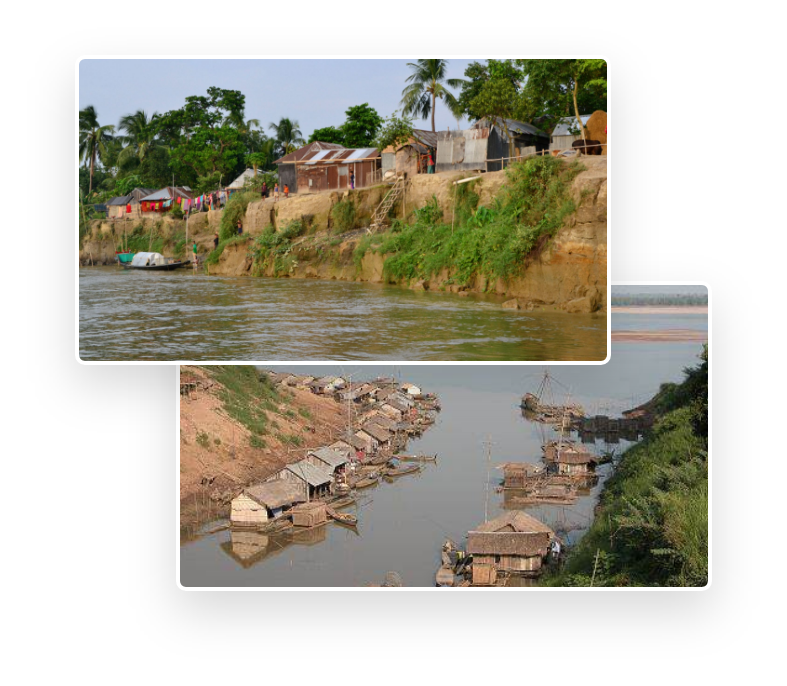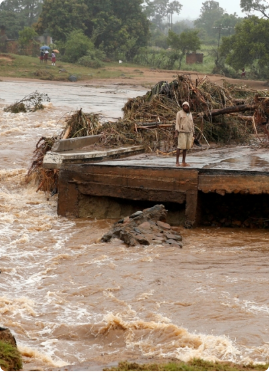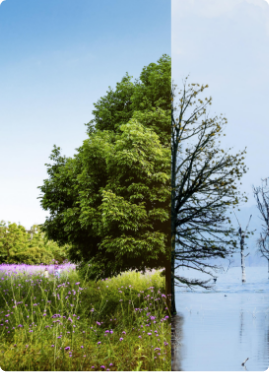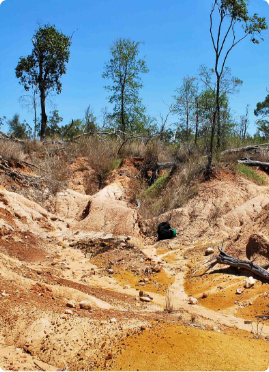- Loss and Damage Research Observatory
- admin@lossanddamageobservatory.org









Climate change can threaten the survival of traditional ways of life, including indigenous cultures, and can lead to the loss of important cultural practices, artefacts and languages. This can have a significant impact on the cultural identity of affected communities. It can also lead to spiritual and cultural impacts, where communities are no longer able to continue their religious/ spiritual practices in the same way or lose their places of worship, burial grounds, etc.
Climate change can impact communities' traditional ways of life and their quality of life as the resources on which their lifestyles depend are degraded or lost due to climate impacts, or they are forced to move in other areas. For example, climate change can have an impact on communities' access to food and food culture, as they are no longer able to find the traditional ingredients. This can impact their food security and nutritional status. Similarly, people may not have access to safe drinking water due to climate impacts, or they may have to walk longer distances to get safe drinking water. In addition, the loss of traditional foods can affect cultural traditions and practices related to food and food consumption.


Climate change can have direct physical health impacts, such as increased heat-related illnesses, respiratory problems caused by air pollution and the spread of infectious diseases. The stresses and uncertainties associated with climate change can also have significant impacts on mental health and can cause anxiety, depression and post-traumatic stress disorder. It is also likely that psychological impacts related to climate change can extend to loss of confidence, reduced risk taking, lack of generosity and sharing, lack of innovation and experimentation.




Climate change can lead to social disruption due to forced displacement and distress migration, which can lead to the loss of social support networks, traditional ways of life and cultural heritage. Social disruption can expose communities moving in despair to trafficking and modern slavery. Migration to new areas can also lead to conflict with the native community.






Climate change can result in the extinction of species, as well as shifts in the distribution and abundance of other species. This can have impacts on ecosystems and the services they provide, such as pollination and pest control. Similarly, many indigenous communities treat many ailments based on medicinal plants available locally.



